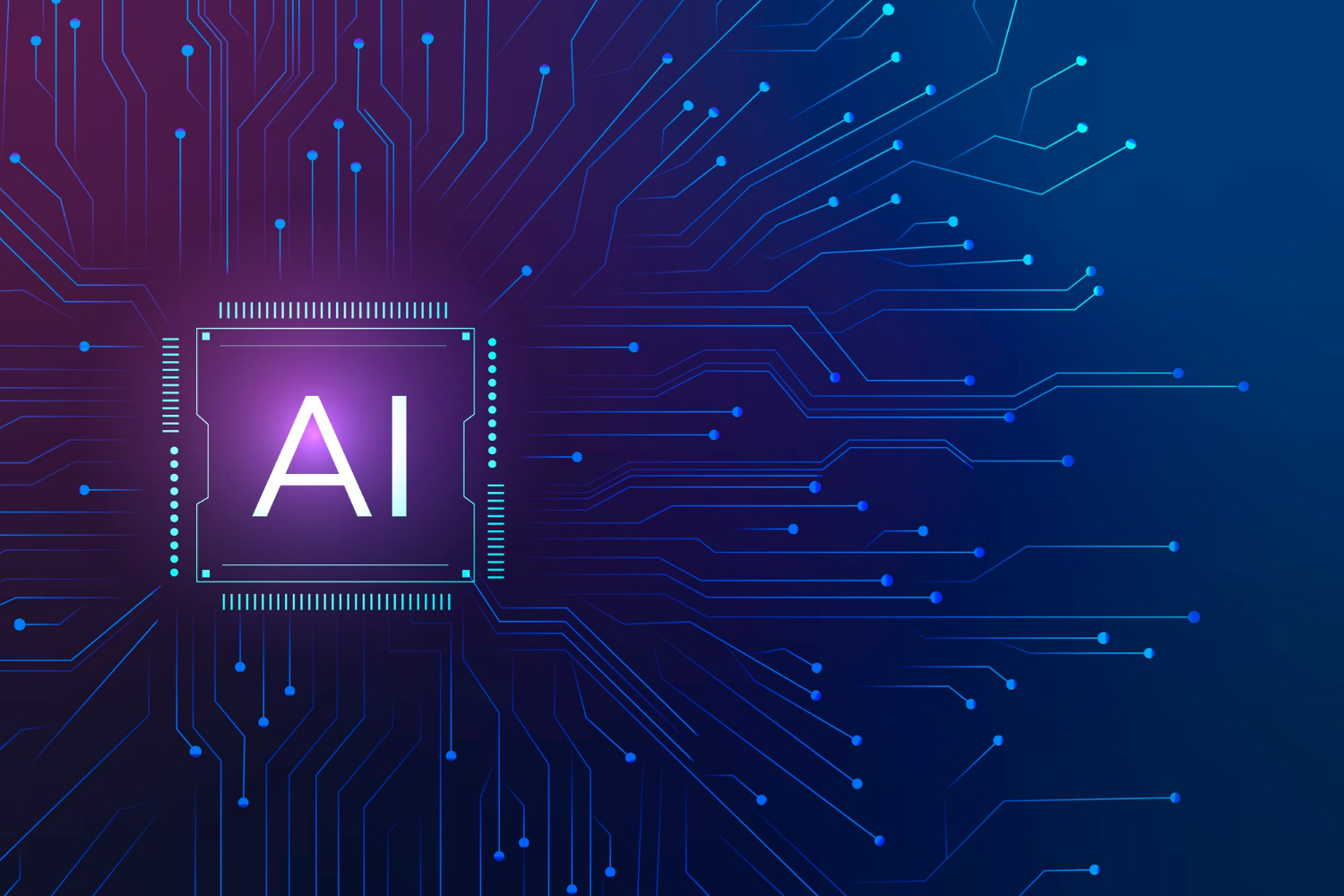
Artificial Intelligence (AI) offers a wide range of benefits across various industries and domains. Here are some of the key advantages of AI:
1. Automation: AI enables the automation of repetitive and mundane tasks, freeing up human resources to focus on more creative and complex tasks. This can lead to increased productivity and efficiency in various processes.
2. Data Analysis and Insights: AI can process and analyze vast amounts of data much faster and more accurately than humans. It helps businesses gain valuable insights from data, identify patterns, and make data-driven decisions.
3. Personalization: AI technologies, such as recommendation systems, can personalize user experiences based on individual preferences and behavior. This enhances customer satisfaction and engagement in various applications like e-commerce, content platforms, and marketing.
4. Improved Decision Making: AI systems can analyze complex data sets, consider multiple factors, and provide recommendations or predictions to support decision-making processes in various fields, including healthcare, finance, and logistics.
5. Natural Language Processing (NLP): AI-powered NLP allows machines to understand and interpret human language, enabling applications like virtual assistants, chatbots, and language translation systems.
6. Image and Speech Recognition: AI enables accurate image and speech recognition, which has numerous applications in fields like healthcare (medical image analysis), security (facial recognition), and accessibility (assistive technologies).
7. Automation in Manufacturing: AI-driven robots and automated systems can streamline and optimize manufacturing processes, leading to increased production efficiency and reduced errors.
8. Enhanced Customer Service: AI-powered chatbots and virtual assistants can provide instant customer support, handle inquiries, and assist with common issues, improving overall customer service experiences.
9. Medical Advancements: AI has the potential to revolutionize healthcare by assisting in medical image analysis, drug discovery, personalized treatment plans, and predicting disease outbreaks.
10. Autonomous Vehicles: AI is a crucial technology in developing self-driving cars, which have the potential to reduce accidents, increase transportation efficiency, and improve mobility for people with limited mobility.
11. Predictive Analytics: AI can be used for predictive modeling to forecast trends, customer behavior, and potential business outcomes, helping organizations prepare for the future.
12. Continuous Learning: AI models can be continuously improved and fine-tuned with new data, leading to ongoing performance enhancements and adaptability.
13. Scientific Research: AI aids researchers in processing and analyzing large-scale data sets in fields like astronomy, genomics, climate science, and more.
14. Improved Accessibility: AI-powered technologies can enhance accessibility for individuals with disabilities by providing assistive tools for communication, navigation, and daily activities.
While AI offers numerous benefits, it is essential to consider ethical and societal implications, such as privacy, bias, and job displacement, to ensure responsible and sustainable AI development and deployment.



